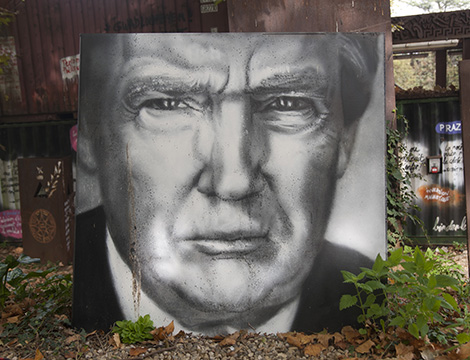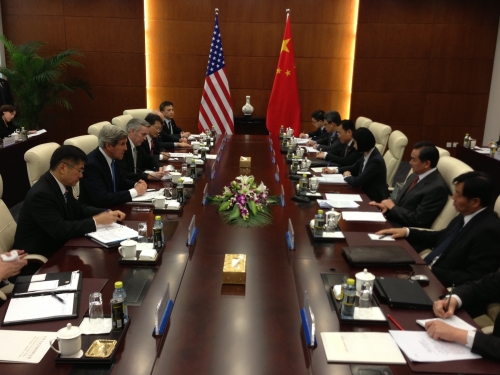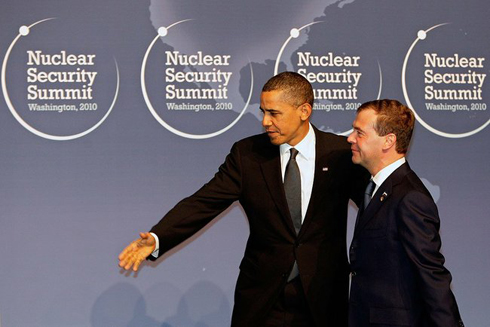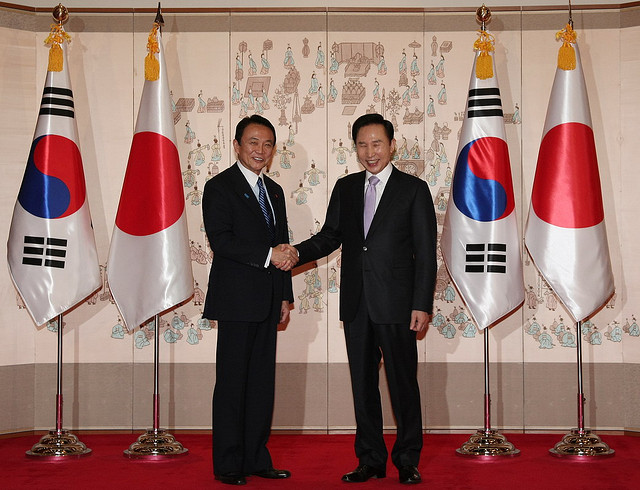
This article was originally published by the Pacific Forum CSIS on 9 November 2016.
Like most American Asia-watchers, I have no clue what the basic tenants of the incoming Trump administration’s Asia policy will be. I have learned from experience to discount at least half of what is said during presidential campaigns: Reagan was going to recognize Taiwan; Carter was going to withdraw US troops from the Korean Peninsula; etc., etc. The challenge is knowing which half not to believe.
While I don’t know what Trump’s Asia policy will be, I have a pretty good idea what it SHOULD be, so allow me to offer some unsolicited advice.
The pivot is dead, long live the pivot. The “pivot” or “rebalance” toward Asia is an Obama slogan which will leave with him – it likely would have even if Clinton was elected – but America’s focus on Asia as a national security priority has been a bipartisan constant since the end of the Cold War and the centrality of the US alliance system in Asia (with Australia, Japan, Korea, the Philippines, and Thailand) – as in Europe (NATO) – has likewise been a bipartisan constant since the 1950s. The going in assumption seems to be that a Trump administration is less committed to maintaining the alliance system as a vital component of America’s security (as well as the security of our allies). If he truly believes this, he needs to say so and address the alternatives and consequences. What he SHOULD do is to reaffirm the centrality of both Asia and the US alliance system to America’s continuing commitment to sustaining peace and security in Asia and beyond. George H.W. Bush and Bill Clinton did this by producing overarching East Asia Strategy Reports; a new one is sorely needed.



